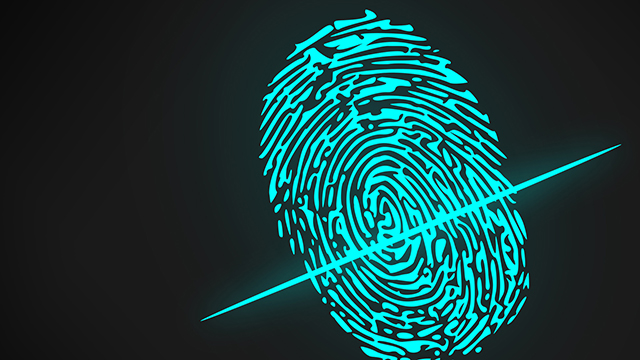
Regent Professor and Center Faculty Fellow Michael Saks recently presented on forensic science at two prestigious events.
On October 18, Saks spoke before an association of forensic scientists from Arizona, Utah, and Nevada at the Arizona Identification Council‘s 12th Annual Tri-Division Educational Conference. His talk, Building Forensic Science’s Scientific Foundation, explained what recent government– and discipline-sponsored reports found to be weaknesses in forensic science, what can be done, and the unusual barriers that have slowed progress in the field.
On October 27-28, Saks spoke at a symposium on Experts, Inference, and Innocence hosted by the Seton Hall Law Review at Seton Hall University of Law. In his talk, The Disregarded Necessity: Validity Testing of Forensic Feature-Comparison Techniques, Saks described what he believes are the three possible strategies for trying to validate the forensic identification sciences, which he termed the black-box model, the DNA model, and the basic-research model.
















